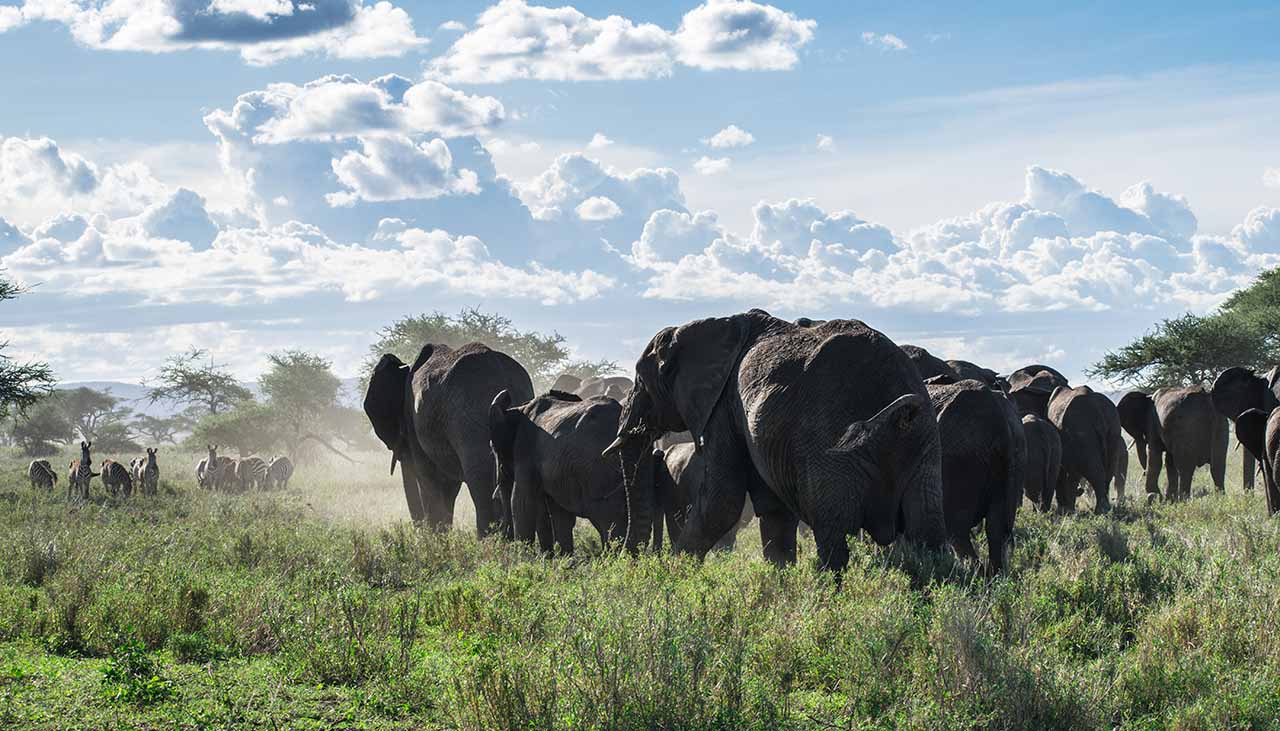Big game hunting has long been a popular activity in parts of Africa, with tourists traveling from all over the world to take part. While there are many detractors of this tradition, it’s also important to explore both sides of the argument, considering that millions of people depend on big game hunting for their livelihoods and economic stability within the region. In this blog post, we will examine the ethical considerations around big game hunting in Africa and assess its various pros and cons – delving deeper into a complex issue full of nuances that must be examined carefully.
Overview of Big Game Hunting in Africa
Big game hunting has been an integral part of African culture for centuries. The practice is defined as the hunting of large animals such as elephants, lions, and rhinos for sport or food. Big game hunters typically pay a hefty fee to local guides and wildlife organizations to hunt specific animals in their natural environment.
Pros and Cons of Big Game Hunting from an Ethical Perspective
Economic Benefits
One of the most frequently cited pros of big game hunting is its economic benefits – especially in developing countries where alternative sources of income are often limited or non-existent. For communities located near national parks, trophy hunting can provide much-needed revenue that helps cover running costs for conservation efforts such as anti-poaching activities, habitat preservation, and research projects.
Environmental Impact
On the other hand, some argue that big game hunting has a negative environmental impact as it reduces wildlife populations and disrupts ecosystems. Additionally, there are instances where poachers use trophy hunting as an excuse to illegally hunt protected animals for their body parts or hide – thus exacerbating the problem even further.
Cultural and Social Impact
Moreover, some critics argue that big game hunting is unethical due to its cultural and social implications. For instance, in many African countries, wildlife is heavily intertwined with local beliefs and values – leaving many communities feeling like they’re being taken advantage of by outsiders who come in to kill their beloved animals without any regard for their customs or traditions.
Discussion of the Role of Conservation in African Big Game Hunting
Even though big game hunting has its negative implications, some supporters argue that it can be beneficial for conservation efforts if done responsibly and ethically – with appropriate management plans and regulations in place. Studies have shown that when properly managed, trophy hunting can benefit both wildlife populations and local communities alike by providing incentives to protect animals from poachers and habitat loss.
The Debate over Trophy Hunting and Its Effects on Wildlife
One of the most contentious topics surrounding big game hunting is the issue of trophy hunting – defined as the practice of killing an animal solely for its body parts or hide, usually as a form of recreational entertainment. Trophy hunting has been highly controversial in recent years due to its perceived ethical implications and potential impacts on wildlife populations.
Examining Legislation Regulating Big Game Hunting Practices in Africa
To ensure that big game hunting is conducted responsibly and ethically, many African countries have put laws and regulations into place that aim to control and monitor the practice. For example, most national parks require hunters to obtain a permit before hunting any animals as well as follow specific guidelines such as quotas for certain species or designated areas for hunting.
Concluding Thoughts on the Ethical Implications of Big Game Hunting in Africa
Overall, the ethics of big game hunting in Africa is an extremely complex topic full of nuances that cannot be easily distilled into a single opinion. Every person must come to their conclusions about the ethical implications of big game hunting after weighing the pros and cons and considering alternative solutions such as conservation-based tourism. Ultimately, it will take a combination of education, regulation, and responsible practices for animal populations and local communities alike to benefit from this controversial practice.
Compliance with Regulations and Good Practices
In conclusion, as long as big game hunting is conducted responsibly and ethically – with compliance with regulations and good practices – it can be beneficial for both wildlife populations and local communities. It is important, however, to continue monitoring the situation to ensure that laws are being followed and animals aren’t being overhunted. Additionally, alternative sources of revenue such as conservation-based tourism should also be explored as a way to benefit local communities without sacrificing animal welfare. By taking these steps, we can ensure that African wildlife has a chance at continued existence.
Conclusion
In conclusion, the ethics of big game hunting in Africa is an extremely complex topic with a variety of implications. Supporters argue that it can be beneficial for conservation efforts if done responsibly and ethically, while opponents are concerned about its cultural, social, and environmental impacts. Ultimately, it will take a combination of education, regulation, and responsible practices for animal populations and local communities alike to benefit from the practice of big game hunting. By taking these steps and exploring alternative sources of revenue such as conservation-based tourism, African wildlife may have a chance at continued existence.
